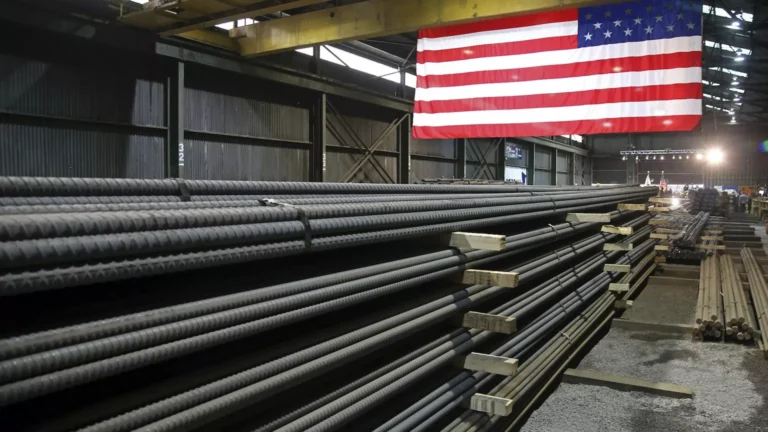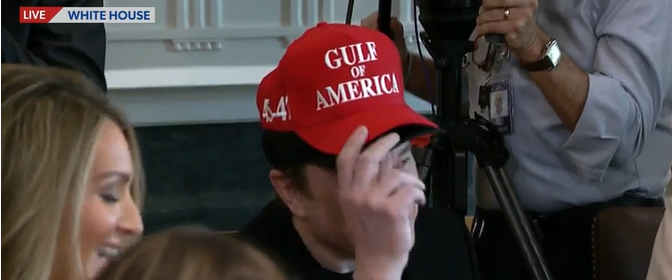Warning: Trying to access array offset on value of type bool in /var/www/wp-content/plugins/rumble/rumble.php on line 246
Sanity has won. In a landmark decision, the U.S. Supreme Court has ruled 6-3 in favor of allowing cities to prohibit homeless encampments in public spaces.
The ruling stems from the case City of Grants Pass, Oregon v. Johnson et al., where the city sought to enforce ordinances prohibiting camping on public property.
Grants Pass, a city of approximately 38,000 residents, has struggled with homelessness, with an estimated 600 individuals experiencing homelessness on any given day. In response, the city implemented ordinances prohibiting camping on public property and parking overnight in city parks. Initial violations could result in fines, while repeated offenses could lead to imprisonment.
This legal battle began after the Ninth Circuit’s 2019 decision in Martin v. Boise, which held that cities could not enforce such ordinances against homeless individuals if the number of homeless individuals exceeded the available shelter beds. Following this precedent, the district court in Oregon prohibited Grants Pass from enforcing its camping bans.
The court’s decision, delivered by Justice Neil Gorsuch, emphasizes the distinction between criminalizing a “status” and regulating actions.
The Court found that the enforcement of public camping laws does not constitute “cruel and unusual punishment” under the Eighth Amendment, as these laws target specific behaviors rather than the condition of homelessness itself.
“The Court cannot say that the punishments Grants Pass imposes here qualify as cruel and unusual. The city imposes only limited fines for first-time offenders, an order temporarily barring an individual from camping in a public park for repeat offenders, and a maximum sentence of 30 days in jail for those who later violate an order. Such punishments do not qualify as cruel because they are not designed to “superad[d]” “terror, pain, or disgrace.” Gorsuch wrote in his majority opinion.
The Supreme Court’s ruling reverses the Ninth Circuit’s injunction, providing clarity on the application of the Eighth Amendment. The opinion outlines several key points:
- Focus on Criminal Punishments: The Eighth Amendment traditionally addresses the nature of punishments following a criminal conviction, not the criminalization of specific behaviors.
- Historical Context: The Court reiterated that the Eighth Amendment was designed to prevent barbaric punishments, not to dictate the scope of criminal laws.
- Public Camping Laws: Grants Pass’s ordinances were found to regulate actions (camping and parking in public spaces), not the status of homelessness. The Court emphasized that these laws apply to all individuals, regardless of their housing status.
Justice Sotomayor, joined by Justices Kagan and Jackson, dissented, expressing concerns over the potential humanitarian impact of the decision.
Houman David Hemmati, MD, PhD reacted to this ruling, writing, “Today, the US Supreme Court ruled in the Grants Pass case that governments CAN legally cite, arrest, and remove homeless people camping in public areas. This is a game changer for California & SF/LA as it now allows governments to clean up parks & beaches etc. While these actions may now be legal, it’s important to remember that we must always act with dignity and compassion. However, that compassion has boundaries, and destroying public spaces & preventing the public from safely enjoying spaces it owns is NOT compassionate to everyone else.”
Recall that Newsom and other Democrats all submitted amicus briefs in support of overturning the decision earlier this year.
“The United States Supreme Court can establish a balance that allows enforcement of reasonable limits on camping in public spaces, while still respecting the dignity of those living on our streets. By setting out a clear rule, the Court can empower state and local governments to enact and enforce compassionate policies that will help save lives, strengthen their communities, and ultimately work to stem the tide of this homelessness crisis.” Governor Gavin Newsom said.



